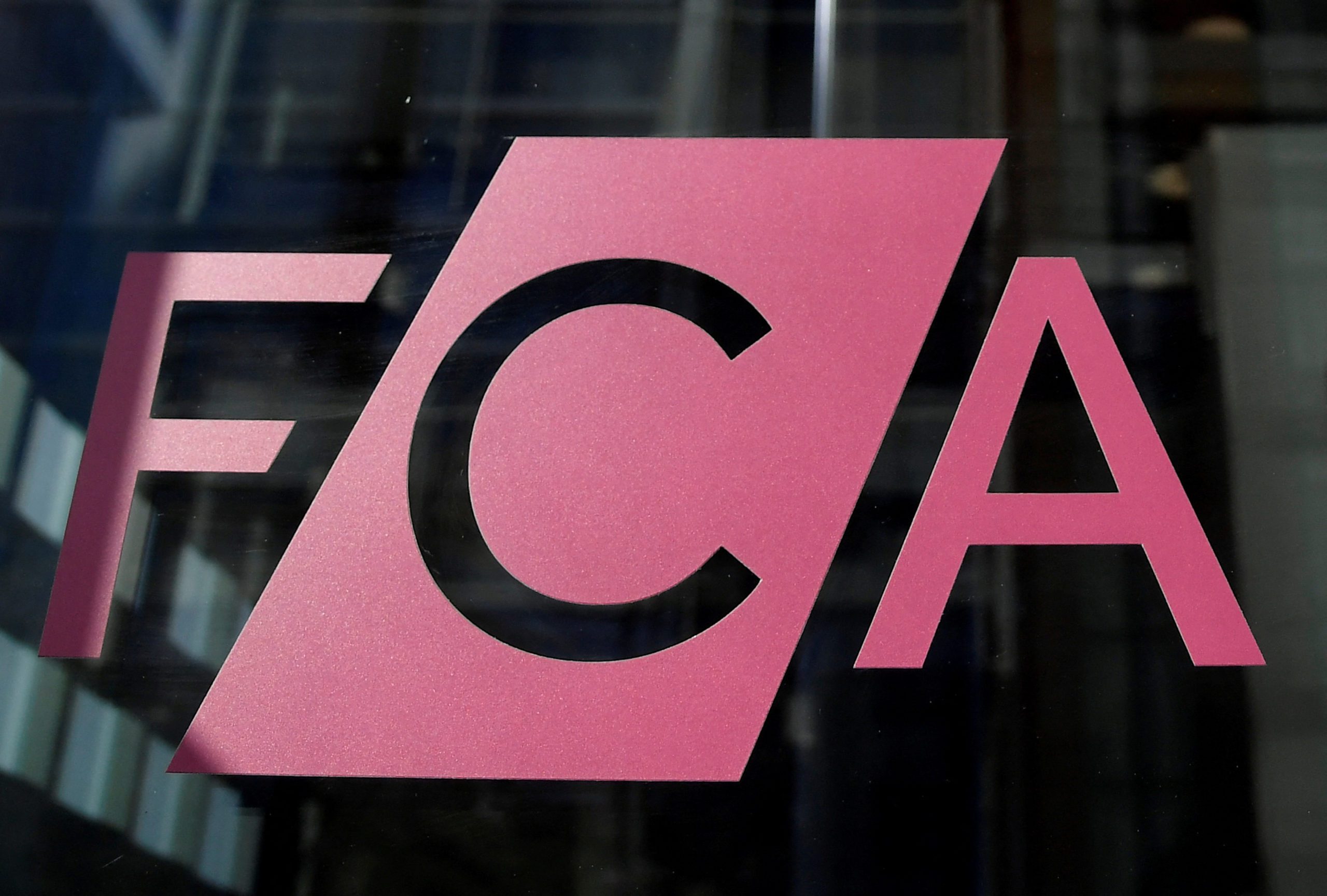By Elizabeth Hearst
Global banking regulators have said that streamlined anti-money laundering checks, longer central bank opening hours and linking national systems would cut cross-border payment costs.
A report published by the Committee on Payments and Market Infrastructure (CPMI) this week says that cross border payments are set to increase from $20 Trillion in 2019 to $30 Trillion by 2030.
Chair of CPMI, Jon Cunliffe said, “The cost and hassle of making payments cross border discourages businesses, particularly small businesses from entering the global marketplace”.
However, the speed at which cross-border payments can be authorised has been a sticking point in the past, with the CPMI stating it can take up to 10 days for a cross border payment to be completed and can cost up to 10 times as much as domestic payments.
“It’s no surprise that people are turning to alternatives that may look attractive but are potentially less secure,” added Cunliffe, who is also Deputy Governor of the Bank of England.
The CPMI have set out a plan with 19 building blocks in the second of a three stage process which will enable cheaper and faster cross-border payments, although its implementation is expected to take five years or more.
The report stipulates that opening central bank payment infrastructure for longer hours would speed up payments that involve currency transfers, and added that a centralised cross-border utility of the know your customer (KYC) data would also streamline the process.








